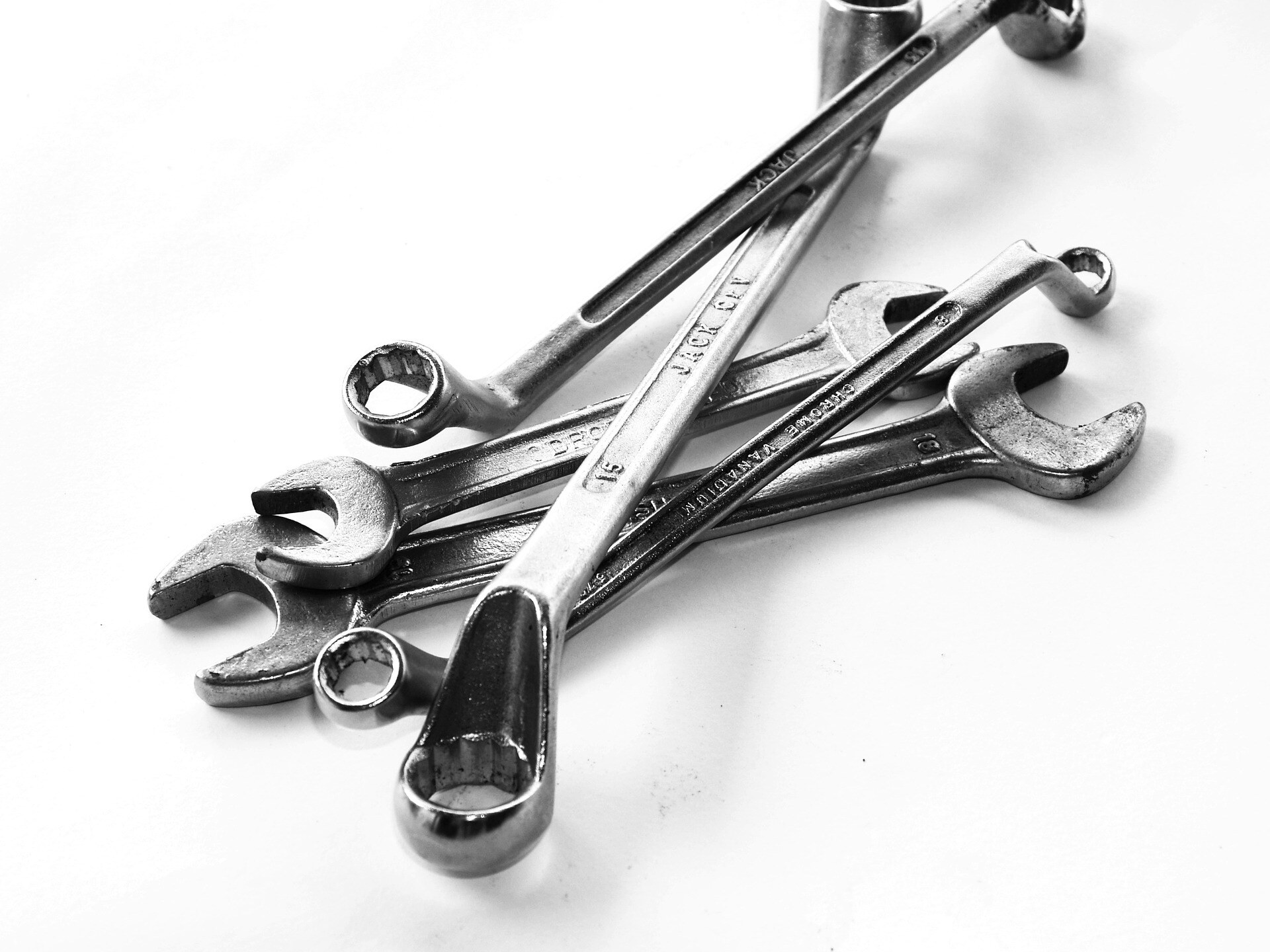New Fleet Manager's Tool Kit: What You Need to Know

Being a successful fleet manager can require organization and consistency to have an efficient operation. This can take veteran fleet managers years to accomplish, and it presents a daunting task for new fleet managers. Where does a new fleet manager begin to organize his or her staff? What areas should be prioritized to keep the fleet running on-schedule and on-budget?
Get ideas below for what new fleet managers can do to be successful.
Prioritize Preventative Maintenance
Keeping up with preventative maintenance is important to save fleet operations money. Performing scheduled PM allows issues to be identified in vehicles. Catching and repairing these problems early can help prevent the issue from becoming larger, and potentially causing a costly breakdown.

Follow all Rules, Regulations
Fleet operations have to follow numerous state and federal regulations. It’s important for fleet managers to stay up-to-date with these and ensure their operation is compliant. This will help operations avoid potential fines and other disciplinary actions for not following the rules. Complying with these regulations also helps ensure the safety of all operation employees and drivers.
Encourage Communication
Fleet managers are tasked with retaining top talent in their operations. One way to accomplish this is to encourage communication. Creating opportunities for employees to voice their opinions and provide feedback can help improve relationships between management and staff members, and can also help identify employee concerns.
Creating open lines of communication can also impact the overall productivity of the fleet. Management can relay the goals and objectives of the company and can specify how those directly impact each employee. Knowing how he or she fits into the overall operation can help staff members feel valued and understand how important his or her job is to the company’s overall success. This can encourage employees to work harder.
Focus on Safety
Fleet managers have the responsibility of keeping their staff members safe. To accomplish this, managers have to make safety a priority for the entire operation. Accidents can happen quickly in a shop or on the road if all employees aren’t doing their part to be safe.
Fleet managers should provide regular safety training for all employees and ensure Safety Data Sheets are visible for everyone to see and easily access if needed.
Track Total Cost of Ownership
It’s important for fleet managers to track all costs associated with each vehicle. Measuring maintenance expenses and how those fluctuate with the age of the vehicle can help managers determine when the cost of ownership is getting too high and it’s time to replace an asset. Managers should also look at warranty coverage and the overall value of the vehicle when making those determinations.
Monitor Data
With new technology, more data than ever before is available to fleet managers. This allows managers to monitor key information on the operation’s performance in real-time, allowing them to know exactly how the operation is performing. This enables managers to track labor, work orders, purchase orders, and other information they see as being vital to their operation’s success.
Follow Industry News, Trends
The fleet industry is always evolving with new trends, technology and regulations. It’s important for fleet managers to stay abreast of the latest news and events to ensure their operations are current and up-to-date. To do this, fleet managers can attend conferences, subscribe to industry newsletters and follow key legislation as it is proposed.
To see how RTA Fleet Management Software’s solution can help new fleet managers, contact us today to start a free trial.
